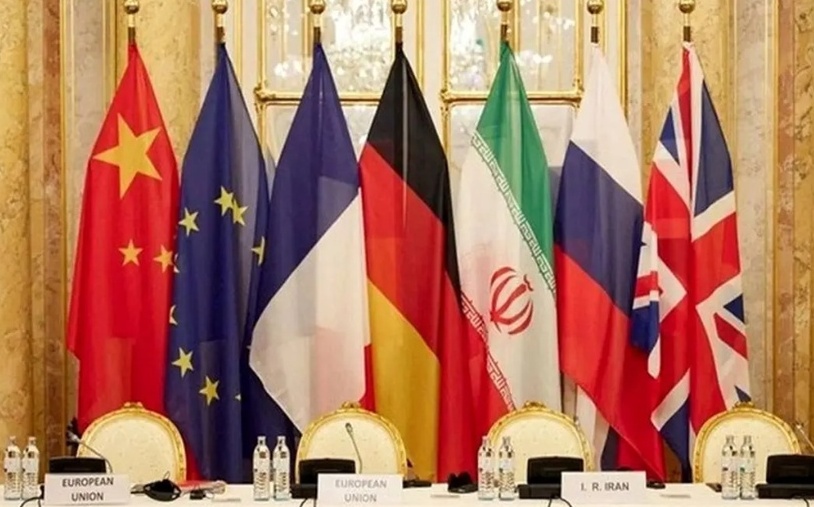SAEDNEWS: In his commentary for Etemad, Asghar Mirfardi argues that Iran is facing conditions as severe as 1941 and 1953, warning that internal power struggles, hardliner attacks, and rejection of diplomacy risk undermining the country’s security, unity, and survival.

"The Priority is Preserving Iran" is the title of Asghar Mirfardi’s commentary for Etemad newspaper, in which he writes:
It can rightly be said that the country is in a special situation—militarily comparable to September 1941 and in terms of internal conflicts and structural challenges similar to August 1953. In such difficult circumstances, where the economy and people’s livelihoods are in dire and even purgatorial condition, some hardline currents—ignoring the bitter realities of life for the people and the bleak, uncertain economic future—have entered a battle against the government and its supporters, injecting insults and slander at their harshest levels into political discourse. From labeling people as “livestock” to comparisons with controversial figures of early Islam, and even threats to impeach the president—these are examples of such behavior that are broadcast enthusiastically even from the so-called “national” media. Is this really the time for such crisis-making and destructive actions?
Is the current problem of society the managers of today and yesterday—or the mega-crises that threaten our national integrity, targeting the security, peace, and livelihood of Iranians? Do those who create this “uproar” really care for Iran, or are they only concerned about regaining their lost seats at the table of power? In the current situation, the priority of one group’s or another’s power does not matter; what matters is leading the country out of a crisis that threatens its security and unity. Yet the lust for power of some individuals and groups has prevented them from realizing or contemplating this. The so-called “shadow government” and its intellectual backers have always been present in Iran’s decision-making structures, and the current situation cannot be analyzed without considering their share of responsibility.
These days, by ignoring today’s critical conditions and without fairly evaluating their own role in policymaking over the past two decades, they brand the words “negotiation” and “engagement” as vile and ominous. Alongside this view of diplomacy, and while accusing and cursing those who support de-escalation, they fail to present any alternatives. Obviously, when negotiation is abandoned in the face of disputes, conflict and war are the inevitable outcomes. It is also noteworthy that in some cases they loudly call for military confrontation with the U.S. and the West without considering what such clashes would bring to our nation.
The hardline current believes that when they cannot win people’s support even in low-turnout elections, they can impose their will and ideas on society through unconventional methods—even if their ideas lead to social purges or drag the country into confrontation with other nations. The most important principle of politics in international affairs is the realistic recognition and assessment of one’s own situation and that of other global players. Without such a perspective, society falls into apocalyptic visions with unknown outcomes, visions of “all-or-nothing” destinies. Clearly, a country like ours—without even one truly honest and reliable ally in international disputes—would be gravely harmed by such a scenario.
Clinging to Eastern powers that offered no help to Iran in the recent war, destroying domestic actors, and deepening political and social divisions constitute the worst-case scenario one could imagine—yet this is precisely what has happened in our country and continues with intensity.
If hardline actors truly cared about the fate of this land and the preservation of its integrity, they would not gamble with its destiny for the sake of political competition and power grabs. Such an atmosphere of domestic tension—especially in today’s critical context—raises doubts about the sincerity and nature of some political groups, while severely weakening national unity in the face of crisis.

